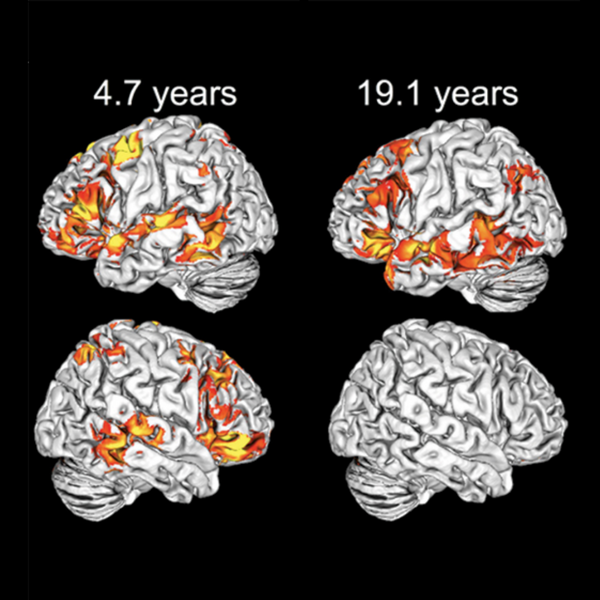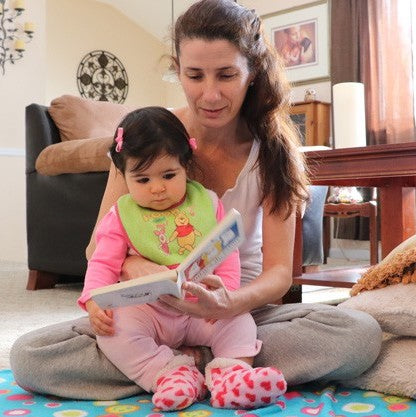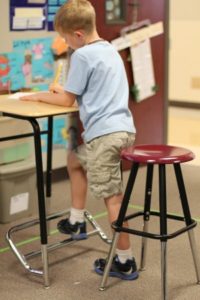Research -- StepUp to Learn
How the Brain Detects the Rhythms of Speech
Neuroscientists have discovered how the listening brain scans speech to break it down into syllables.
Children Use Both Brain Hemispheres to Understand Language, Unlike Adults
Whereas adults process most discrete neural tasks in specific areas in one or the other of their brain's two hemispheres, young children use both the right and left hemispheres to do the same task. The finding suggests a possible reason why children appear to recover from neural injury much easier than adults.
Early Reading in Spanish Helps Children Learn to Read English
Children who had strong early reading skills in their native Spanish language when they entered kindergarten experienced greater growth in their ability to read English from kindergarten through fourth grade.
More than Half of U.S. Students Experience Summer Learning Losses Five Years in a Row
These students on average lose nearly 40 percent of their school year gains.
Study Shows Approach Can Help English Learners Improve at Math Word Problems
Study shows how an evidence-based method of helping students understand the language and information of word problems can boost their math achievement.
A Smart Jumpsuit Provides Information on Infants’ Movement and Development
A new innovation makes it possible, for the first time, to quantitatively assess children’s spontaneous movement in the natural environment.
The Power of Parents
A study on the impact of parents’ inclusion in their young children’s interventions found that parents can play a crucial role in their toddlers’ development.
A “million word gap” for children who aren’t read to at home
Young children whose parents read them five books a day enter kindergarten having heard about 1.4 million more words than kids who were never read to, a new study found.
Difficulties with audiovisual processing contribute to dyslexia in children
A University at Buffalo psychologist has published a neuroimaging study that could help develop tests for early identification of dyslexia, a disorder that affects 80 percent of those diagnosed with difficulties reading, writing and spelling.
Sensory Integration Dysfunction Case Study
An August 2010 doctor’s report included history of Oromotor Dyspraxia, Auditory Sensitivity, Articulation Disorder, Developmental Language Delay, and Heavy Metal Toxicity which had improved with prior therapeutic interventions. Current diagnoses include Sensory Integration Dysfunction, Metabolic Disorder, and Developmental Coordination Disorder. Michael was receiving Speech Therapy 5 days a week and Occupational Therapy once a week. His delays first became evident at age 2 when he had not begun to talk.
Children take longer to learn two languages at once
Worldwide immigration patterns are increasing the number of children who grow up exposed to two languages, a circumstance that provides numerous benefits as well as some challenges.
Honing Children's Language and Literacy Skills
If parents want to help their children develop language and literacy at a young age, reading bedtime stories together isn’t the only key to success.












